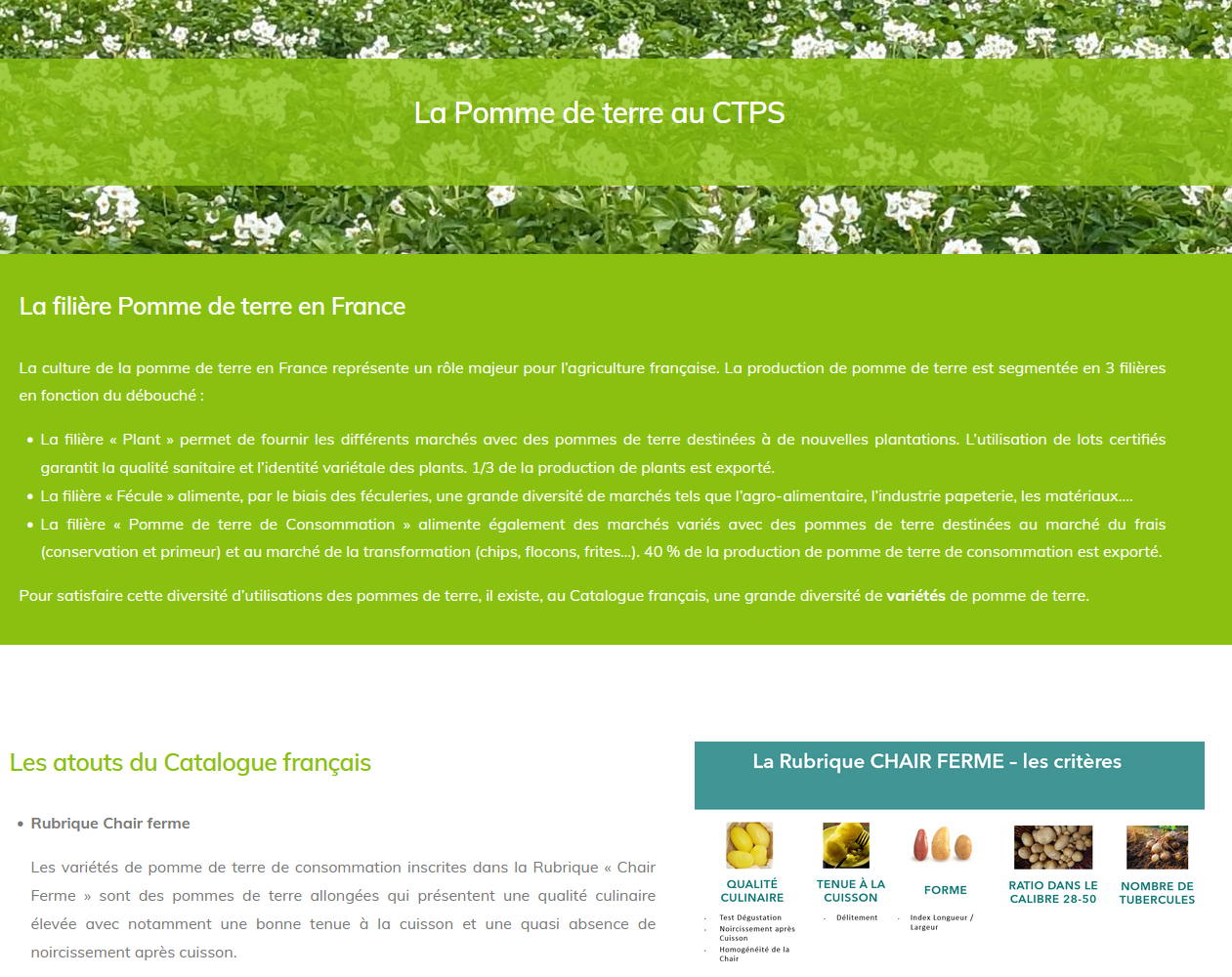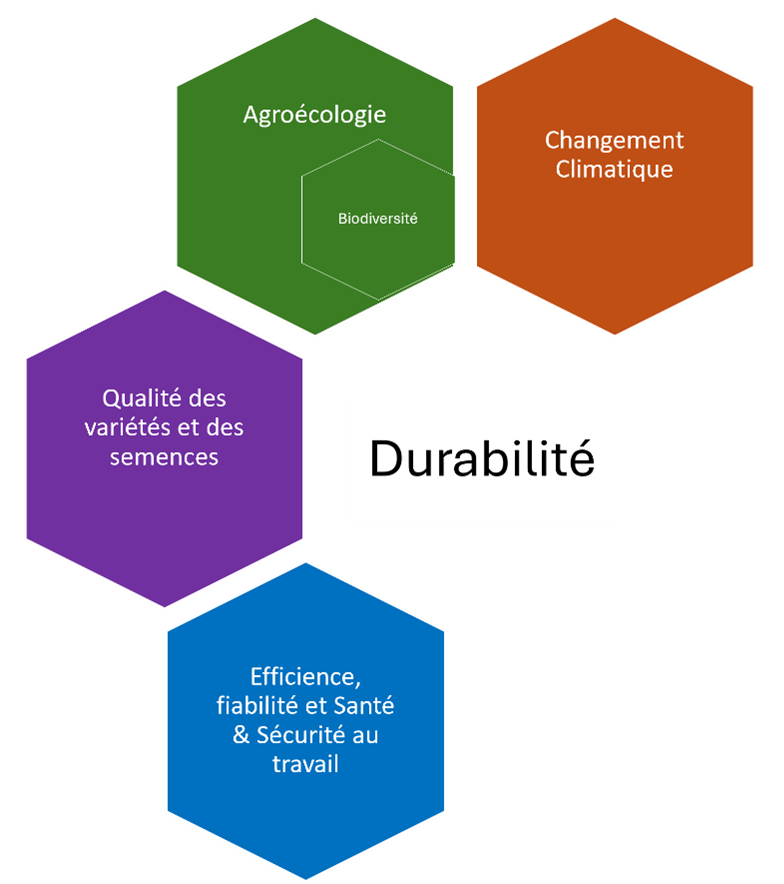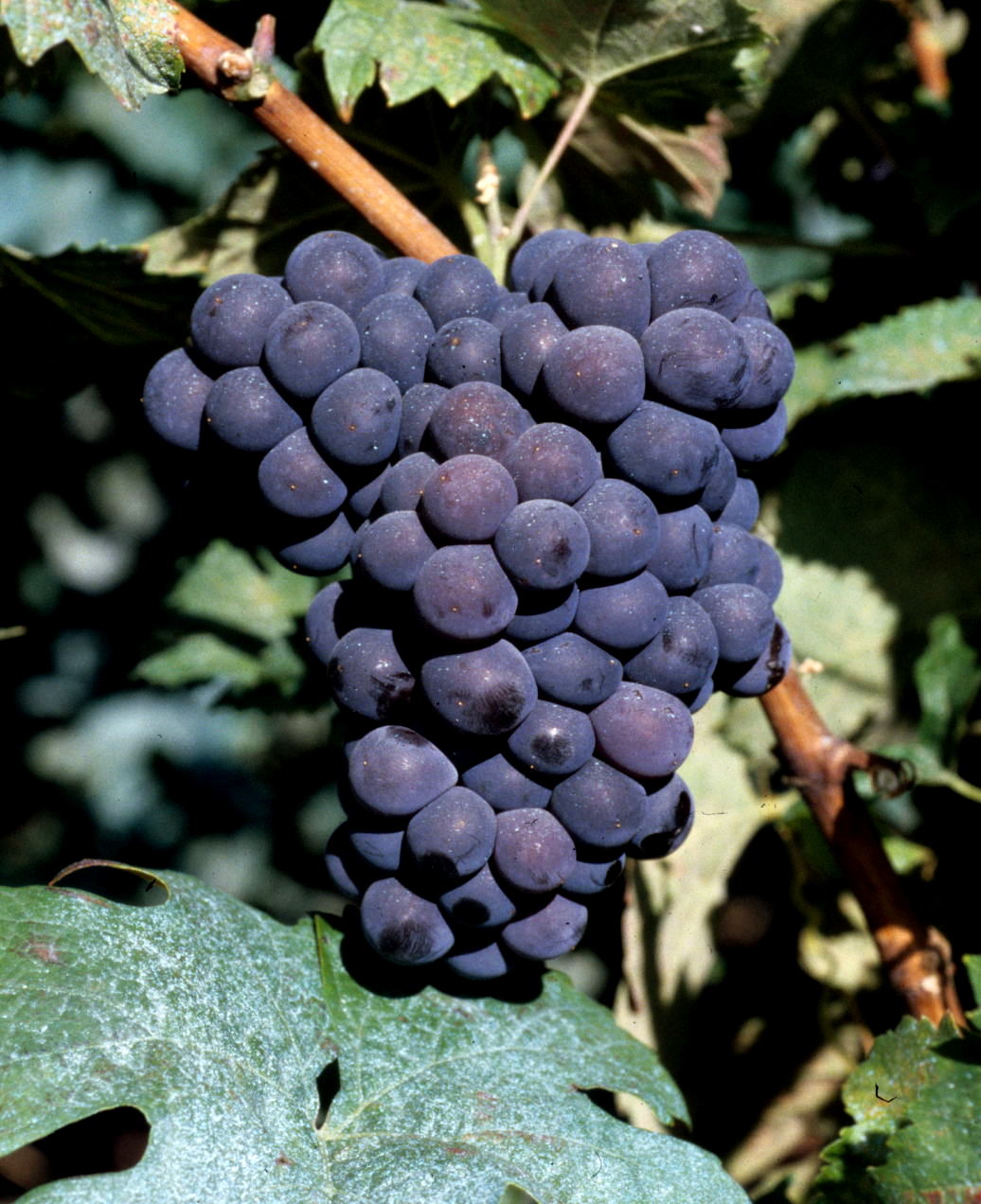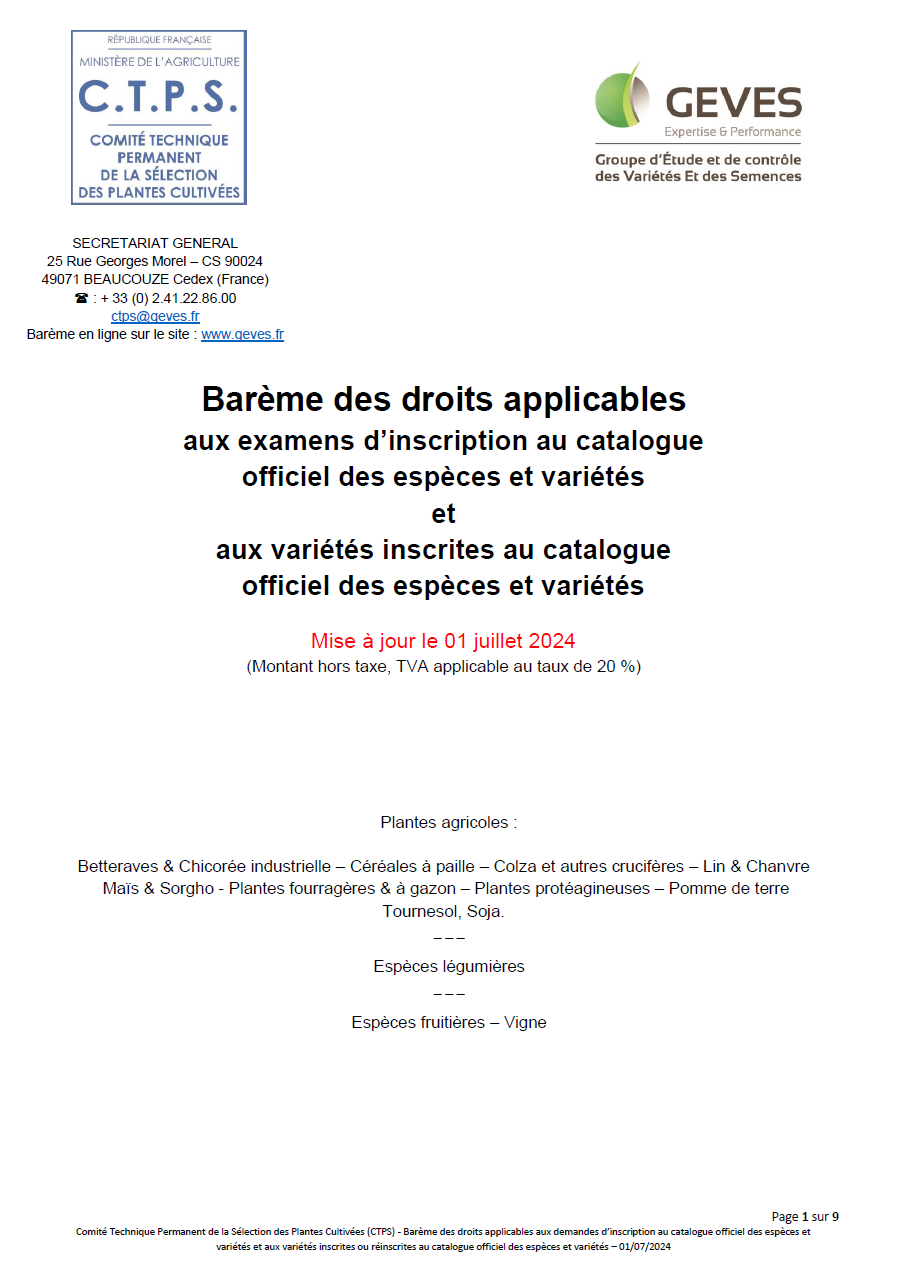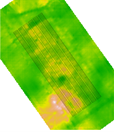
Variety testing in more heterogeneous environments: end of the OPTIRES project
This project, supported by the “CASDAR Seeds & Plant Breeding” research programme, is conducted in partnership with Arvalis, INRAE, ITB and Terres Inovia. The project has made it possible to evaluate and propose new methods for statistical processing of data from variety testing networks. Its aim is to increase the number of trials retained in the syntheses and thus contribute to a better evaluation of the performance of varieties. This makes it possible to make better use of existing experimental systems, to improve the power of variety comparison, and to develop the implementation of trials in situations that are generally unconducive to the success of experiments which are necessary to characterise varieties (superficial soils, limited water supply, very simplified tillage, organic management, etc.).
Action 1, on analysis at the scale of the individual trial, evaluated methods for taking better account of the spatial variability of the environment, which is a source of heterogeneity and imprecision: spatial analyses, line-column models, analysis with a covariate describing the heterogeneity of the trial plot.
Action 2 on trial clustering addressed the management of missing data and weighting according to trial precision.
The OPTIRES deliverables are recommendations for variety evaluators and calculation scripts that are intended to be introduced into the processes for producing variety references at GEVES and technical institutes. The scripts from the validated tests will be introduced into the GEVES trial management computer tools, with a modernisation currently underway.

